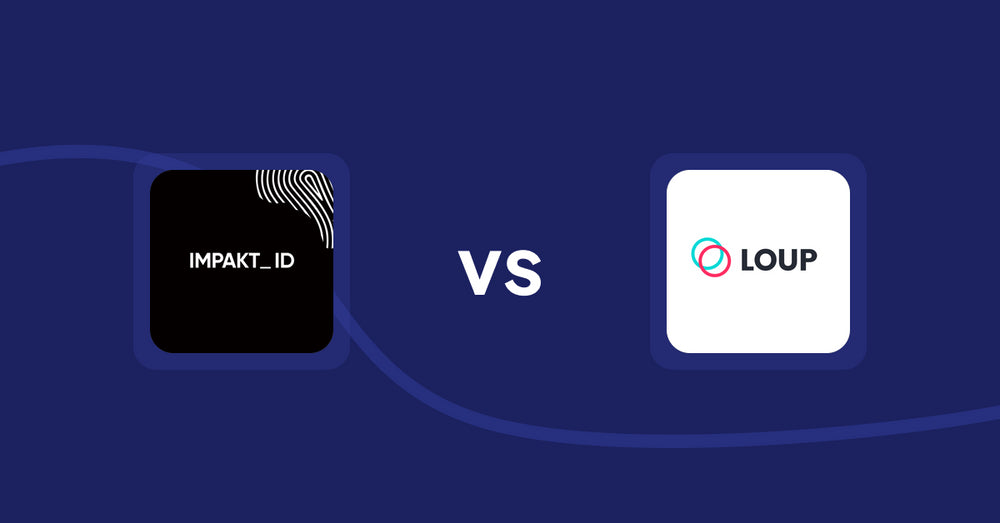Shopify Metafield Apps: Vendor Details on Metaobjects vs Seota In/Out Meta Data

Table of Contents
- Introduction
- How Does Vendor Details on Metaobjects Work?
- How Does Seota In/Out Meta Data Work?
- How Much Does Vendor Details on Metaobjects Cost?
- How much does Seota In/Out Meta Data cost?
- Cost Analysis: Vendor Details on Metaobjects vs. Seota In/Out Meta Data
- User Reviews & Customer Support Insights
- Integration and Compatibility Comparison
- Conclusion
Introduction
In the competitive landscape of online retail, the ability to manage product details effectively can make a significant difference in customer engagement and sales performance. One powerful tool in this context is Metafields. They allow merchants to store custom product information and enhance the presentation of their offerings. The right Metafield app can streamline this process, making it easier for merchants to enrich their stores with essential product details, ultimately boosting discoverability and sales.
In this blog post, we will explore two prominent Shopify Metafield apps: Vendor Details on Metaobjects and Seota In/Out Meta Data. Each app offers unique capabilities in managing Metafields, and their ease of integration with the Shopify platform can enhance the overall user experience. By comparing these tools, we aim to help you determine which option may be the best fit for your e-commerce needs.
How Does Vendor Details on Metaobjects Work?
Vendor Details on Metaobjects is designed to enhance the vendor information presented in your online store. By using pre-configured metaobject definitions, this app allows you to enrich vendor data with images, texts, and social media links, resulting in a more engaging product experience for customers.
Key Features and Benefits
-
Metaobjects Definition Creation
- Utility: This feature allows businesses to create custom definitions for their product details. For startups, this flexibility is crucial for establishing a unique brand identity early on. Small to medium businesses can leverage custom definitions to differentiate their offerings, while large enterprises may benefit from the ability to manage extensive product lines with structured data.
- Benefits: Better data organization improves product discoverability, ensuring customers find what they are looking for.
-
Customizable, Pre-designed Storefront Blocks
- Utility: With a selection of customizable blocks, businesses can easily adapt their store's appearance without any coding knowledge. Startups can create a professional look quickly, while established brands can enhance their brand image through tailored visual content.
- Benefits: An enhanced presentation can improve user engagement and increase sales.
-
Automatic Updates
- Utility: Automatic updates ensure that product information is always current. For small to medium businesses, this reduces inconsistencies in product listings. Large enterprises can manage thousands of products seamlessly.
- Benefits: Up-to-date information supports SEO, improving the likelihood that customers find your products online.
-
Custom CSS for Advanced Styling
- Utility: This feature empowers developers to implement unique design elements tailored to brand requirements. While startups may not initially need extensive customizations, growing businesses can begin to invest in unique interfaces to stand out in a crowded market.
- Benefits: A visually cohesive store contributes to better overall user experience, potentially leading to increased sales.
Hypothetical Scenarios
Let’s imagine a small e-commerce shop that sells artisanal goods. By using Vendor Details on Metaobjects, the shop owner can craft a unique visual narrative around each product's story: enhancing customer connection, leading to repeat purchases. A large retailer, on the other hand, might integrate thousands of products, optimizing their data organization while ensuring brand consistency across diverse offerings.
How Does Seota In/Out Meta Data Work?
Seota In/Out Meta Data is another option for Shopify merchants looking to manage Metafields. It simplifies the import and export of metafield data between systems. This allows merchants to update product details in bulk, significantly reducing time and effort associated with individual updates.
Key Features and Benefits
-
Single CSV Upload
- Utility: By allowing bulk updates via a CSV upload, this feature benefits businesses of all sizes by streamlining data management. Startups can quickly set up product details without worrying about individual entries, whereas large enterprises can manage comprehensive product categories effortlessly.
- Benefits: This ability saves significant time and increases operational efficiency.
-
Manual and Bulk Editing Options
- Utility: The option to edit data manually or in bulk gives flexibility tailored to business needs. For smaller operations, manual edits may suffice at early stages, while larger businesses can benefit from bulk options as their catalog grows.
- Benefits: Greater adaptability in managing product data helps enhance customer experience.
-
History Tracking of Uploaded Data
- Utility: Maintaining a history of uploaded metafields allows businesses to track changes and ensure accurate product information. This is valuable for any business size, as errors in product details can lead to customer dissatisfaction.
- Benefits: Effective tracking of data changes can enhance accountability and improve reliability.
How Much Does Vendor Details on Metaobjects Cost?
Finding cost-effective solutions is crucial when managing a Shopify store. The pricing structure of Vendor Details on Metaobjects consists of three tiers:
-
Basic Plan: $288/year
- Features: Includes metaobject definition creation, customizable theme blocks, automatic updates, and support setup.
- Limitations: No access to advanced features found in higher plans.
- Target Audience: This plan suits small to medium businesses looking for an efficient way to enrich their store information.
- Additional Costs: There are no hidden fees; the annual price covers all the included features.
-
Pro Plan: $576/year
- Features: All basic plan features, with the addition of metaobject page templates, more theme block options, automatic vendor imports, and a chance to request custom features.
- Limitations: Higher cost may not be justified for startups.
- Target Audience: Aimed at larger companies seeking deep customization features.
- Additional Costs: None, other than the annual fee.
It is important to note that you can always reach out to our team, and we can create a custom pricing plan to suit your needs and your budget. Schedule a call via this link and we’ll come up with the best solution for you and your business.
How much does Seota In/Out Meta Data cost?
Currently, there are no clear pricing details available for Seota In/Out Meta Data, which could pose a challenge for potential users seeking budget-friendly solutions. Without a structured pricing plan, businesses might hesitate to invest in this app, unsure of the financial implications.
Cost Considerations
- Lack of Defined Plans: This absence of clarity can lead to uncertainty about expected costs and long-term financial commitments, which is typically not conducive for startups or small businesses.
- Potential for Custom Quotes: Some businesses may need to request custom pricing, which could involve lengthy discussions and negotiations.
Cost Analysis: Vendor Details on Metaobjects vs. Seota In/Out Meta Data
When comparing the two applications, Vendor Details on Metaobjects clearly emerges as the more cost-effective choice. Its structured pricing and clearly defined features at each tier cater to various business sizes and needs.
Moreover, there are no hidden fees with Vendor Details on Metaobjects, meaning businesses can budget effectively. In contrast, the murky pricing structure of Seota In/Out Meta Data may deter potential users from exploring this app further.
User Reviews & Customer Support Insights
Is Vendor Details on Metaobjects good?
With an impressive rating of 5 stars from 64 reviews, Vendor Details on Metaobjects enjoys high user satisfaction. Users often highlight its intuitive design and supportive features that enhance their product presentation and customize their stores effortlessly.
Is Seota In/Out Meta Data good?
Seota In/Out Meta Data, having no user reviews or ratings, presents a challenge in assessing its effectiveness. However, potential users might appreciate its bulk editing capabilities and the promise of streamlined metafield management.
Customer Support Feedback: Good customer support is invaluable, particularly for users venturing into complex features. Without any reviews to reflect on the level of customer service for Seota In/Out Meta Data, there is uncertainty about the assistance users might receive.
User Preference: Vendor Details on Metaobjects or Seota In/Out Meta Data?
With Vendor Details on Metaobjects receiving a perfect rating from user feedback, it is evident that this app is preferred by users. The void of reviews for Seota In/Out Meta Data indicates a lack of traction or user experience, making Vendor Details on Metaobjects the preferable solution.
Integration and Compatibility Comparison
Vendor Details on Metaobjects Integrations
Vendor Details on Metaobjects can integrate smoothly with various Shopify themes without requiring coding knowledge. This flexibility ensures that businesses can use the app regardless of their technical expertise, making it accessible to a broader audience.
Seota In/Out Meta Data Integrations
Limited information about any significant integrations with Seota In/Out Meta Data might deter potential users looking for compatibility with other tools. The lack of integrations can imply constraints in utility, hindering the app's effectiveness in managing Metafields.
Conclusion
Both Vendor Details on Metaobjects and Seota In/Out Meta Data offer robust solutions for managing Metafields. However, Vendor Details on Metaobjects stands out due to its user-friendly design, comprehensive feature set, and flexible pricing based on business requirements. With a remarkable 5-star rating and proven effectiveness, it provides a solid foundation for enhancing product engagement. Conversely, the lack of reviews and defined pricing structures for Seota In/Out Meta Data raises questions about its performance and reliability.
Overall, Vendor Details on Metaobjects emerges as the smarter investment for any Shopify store, offering not only an effective Metafield management solution but also enhanced opportunities for customer interaction and satisfaction.
Still Searching for the Perfect Customization Solution?
Stop searching and start thriving with Accentuate Custom Fields! This powerful metafield management app supercharges Shopify’s native features, giving you the tools to create a truly personalized customer experience.
Why Choose Accentuate Custom Fields?
- Advanced Customization: Unlimited field definitions, logical grouping, and custom layouts make your store one-of-a-kind.
- Enhanced Editor Experience: Effortlessly edit variant metafields, use advanced HTML and markdown editors, and sync field definitions between stores.
- Flexible Management: Import/export capabilities, automatic tagging, and comprehensive support for Metaobjects and versioning.
- 24/7 Support: If you have any questions or need assistance, our team is available around the clock to help with any custom modifications to suit your store.
Join over 12,000 merchants, including top Shopify Plus stores, who trust Accentuate for their customization needs. With a stellar 4.9-star rating, Accentuate is the go-to tool for advanced CMS needs, offering unmatched flexibility and control over your store’s content. Elevate your Shopify store with high-quality content that boosts customer experiences and conversions. Tell your story, showcase your products, and create an engaging customer journey with ease.
Experience the Accentuate difference and watch your Shopify store thrive!
Accentuate vs Competition
Explore how Accentuate Custom Fields stands out. Whether you’re aiming to customise your storefront, streamline operations or improve content management, see how we compare against the competition
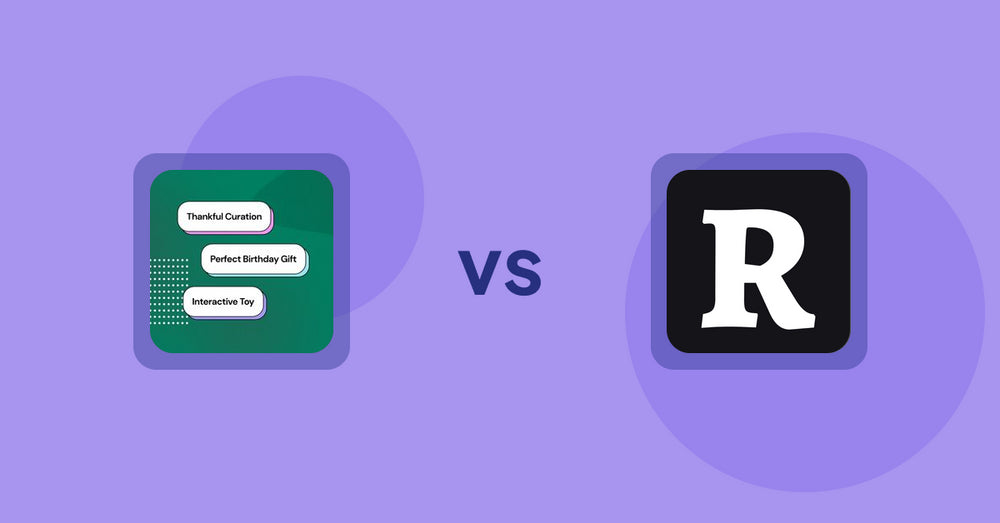
Shopify Product Display Apps: FeatureFrame ‑ Pretty Product vs. AI SEO: Top Product Features
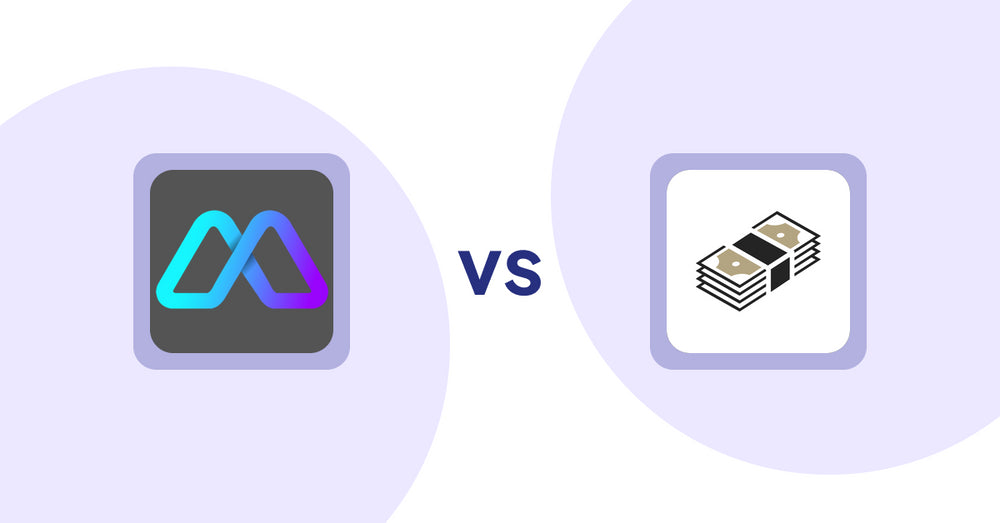
Shopify Product Display Apps: Metadrob: Create Virtual Store vs シンプルクラウドファンディング|お手軽自社クラファン
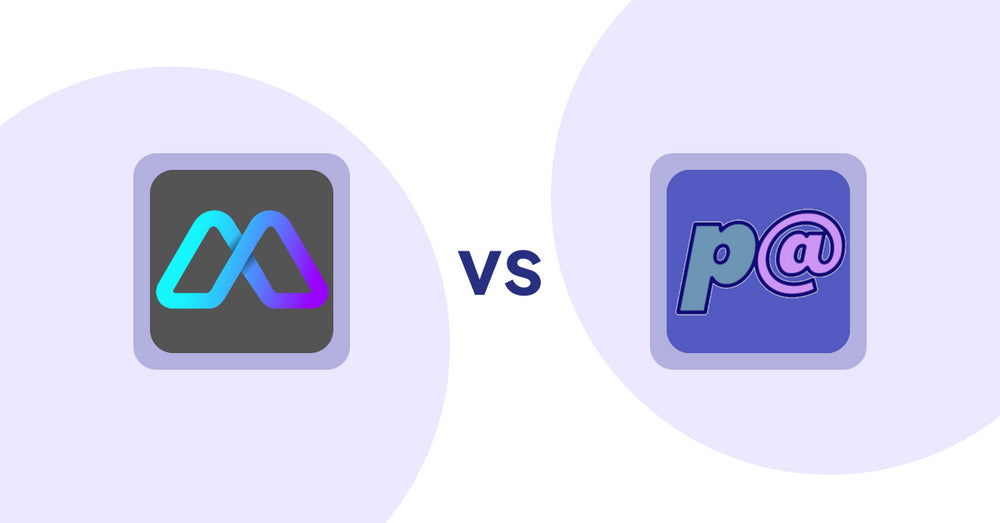
Shopify Product Display Apps: Metadrob: Create Virtual Store vs Parameterizer
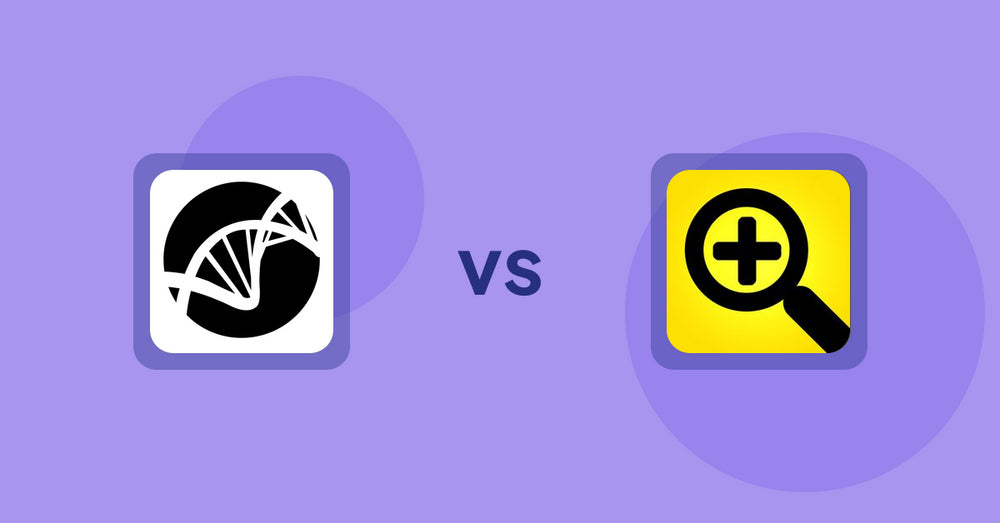
Shopify Product Display Apps: Bike Matrix vs. Fast View: Fastest Quick View
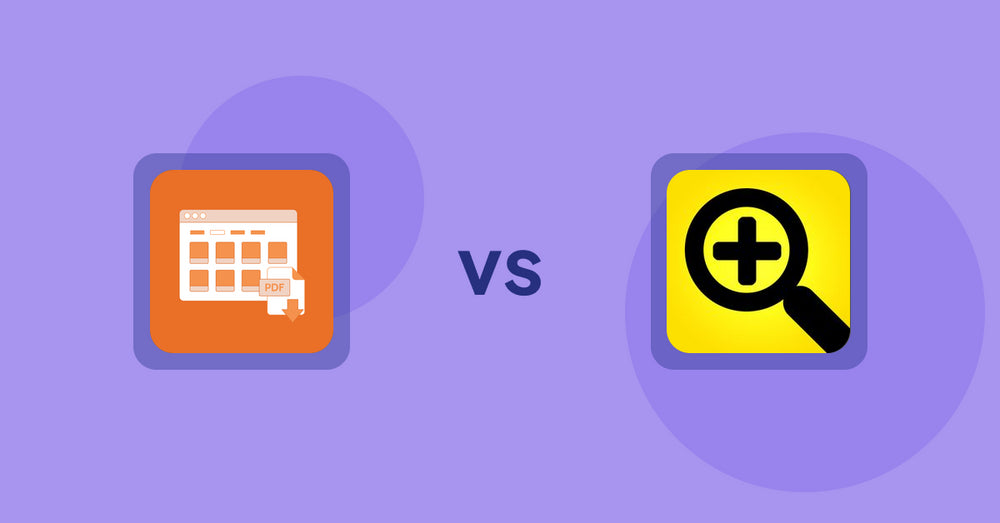
Shopify Product Display Apps: Meetanshi PDF Product Catalog vs Fast View: Fastest Quick View
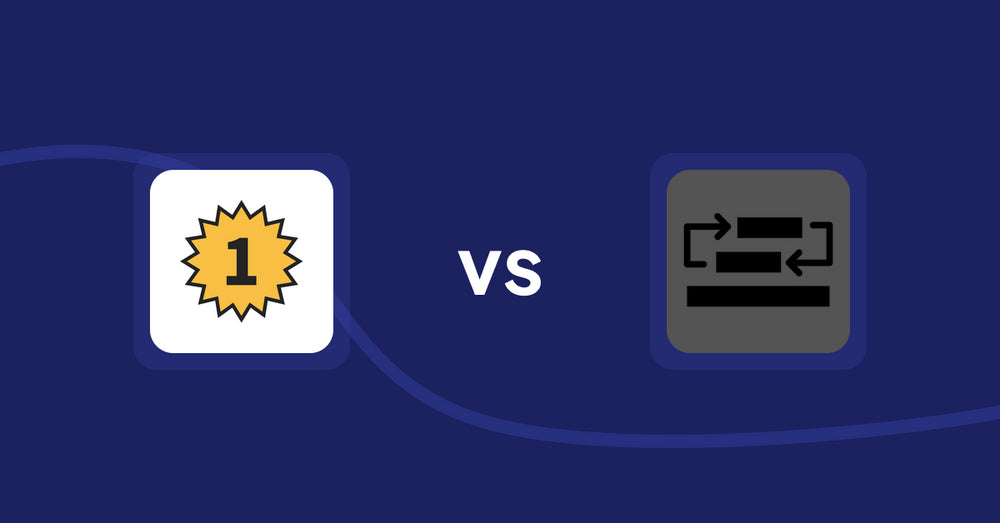
Shopify Product Display Apps: UR: Smart Ranking vs Sortyfi Collection Merchandise
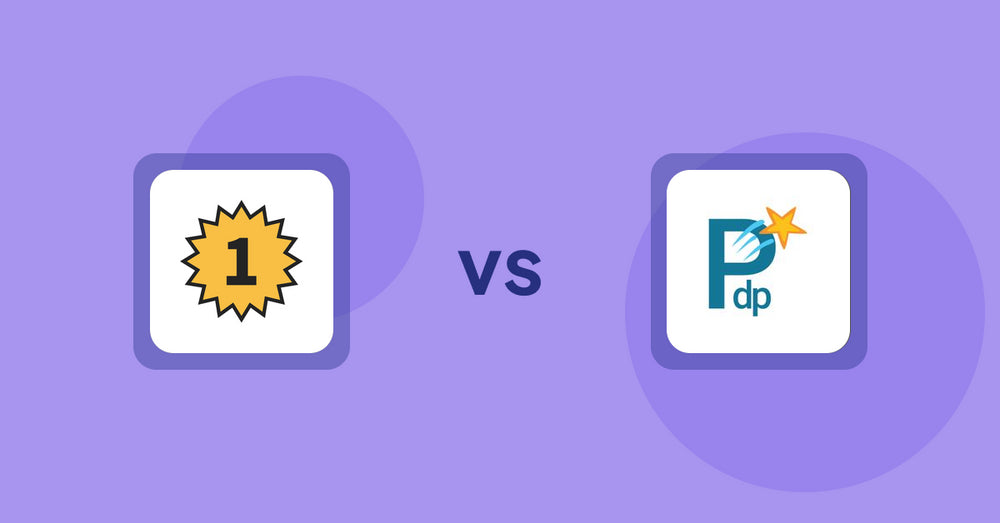
Shopify Product Display Apps: UR: Smart Ranking vs PDP Star
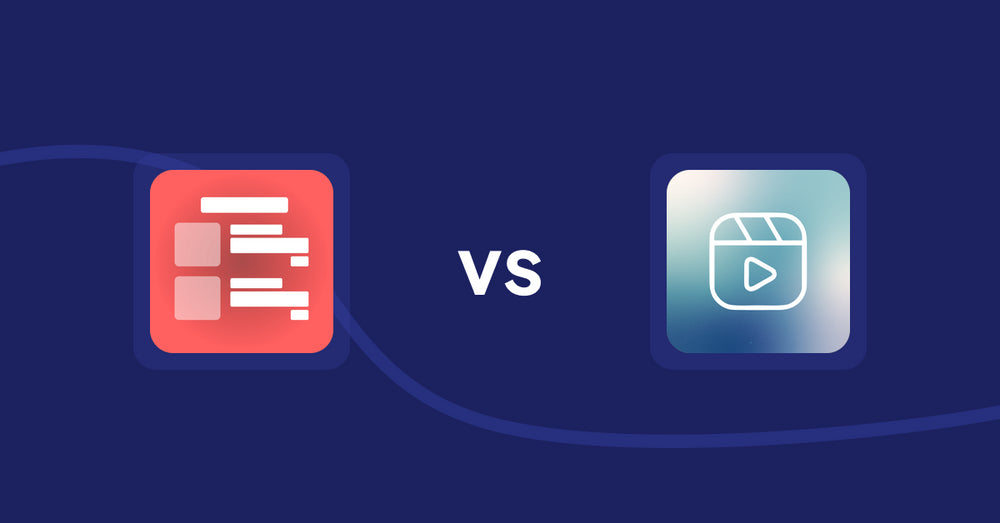
Shopify Product Display Apps: Menulog vs Reelify ‑ Shoppable Reel Video
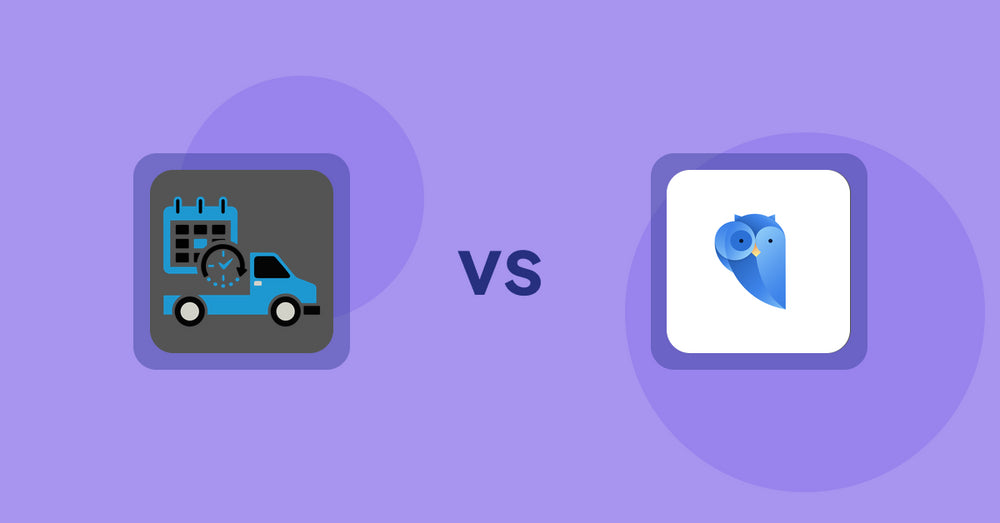
Shopify Product Display Apps: H3 Estimated Delivery vs Findify Search & Merchandise
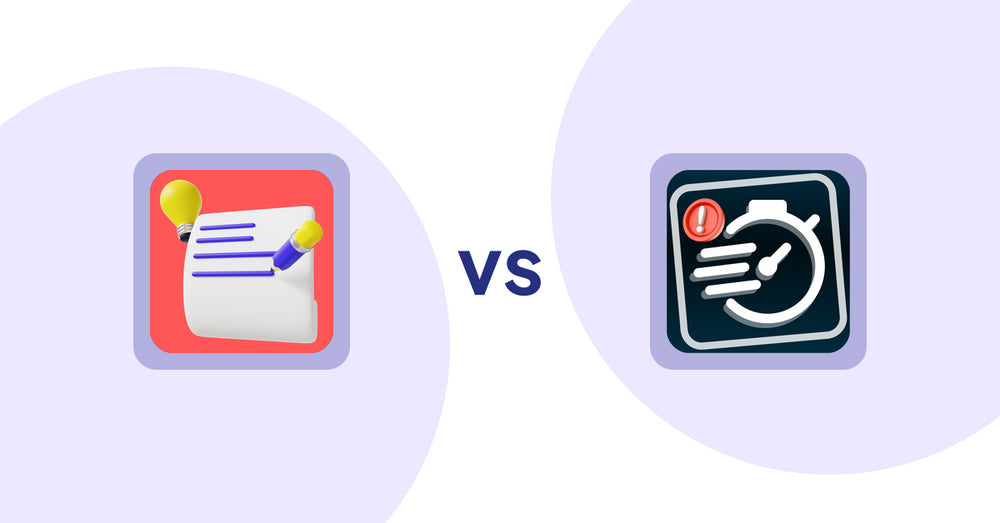
Shopify Product Display Apps: Wordo ‑ ChatGPT AI Description vs Urgency! Low Stock Counter
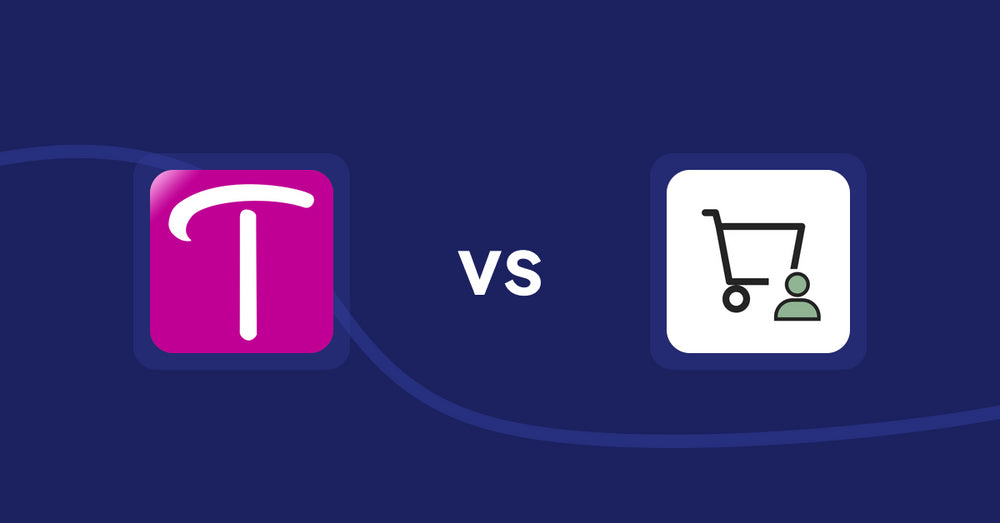
Shopify Product Display Apps: WS Transparency vs シンプル会員注文割引|お手軽ログインセール設定
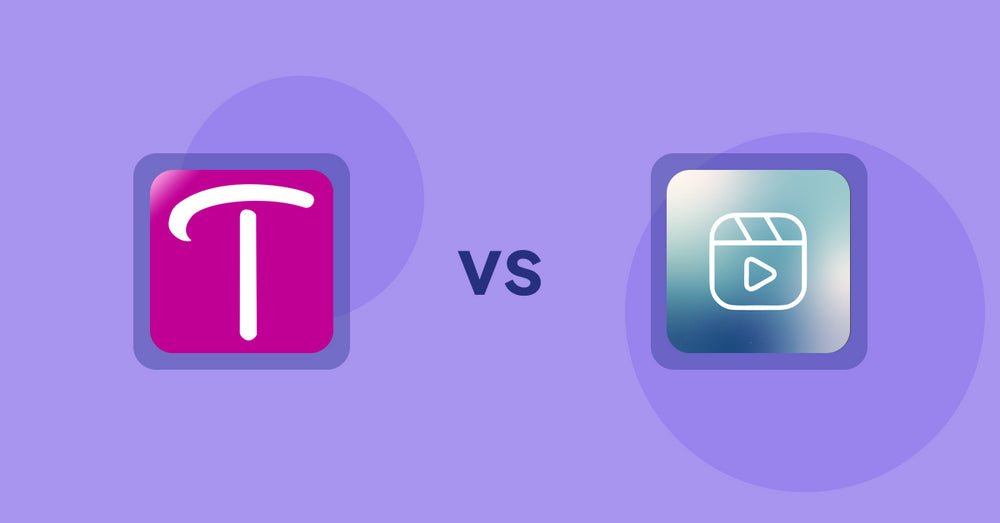
Shopify Product Display Apps: WS Transparency vs Reelify ‑ Shoppable Reel Video
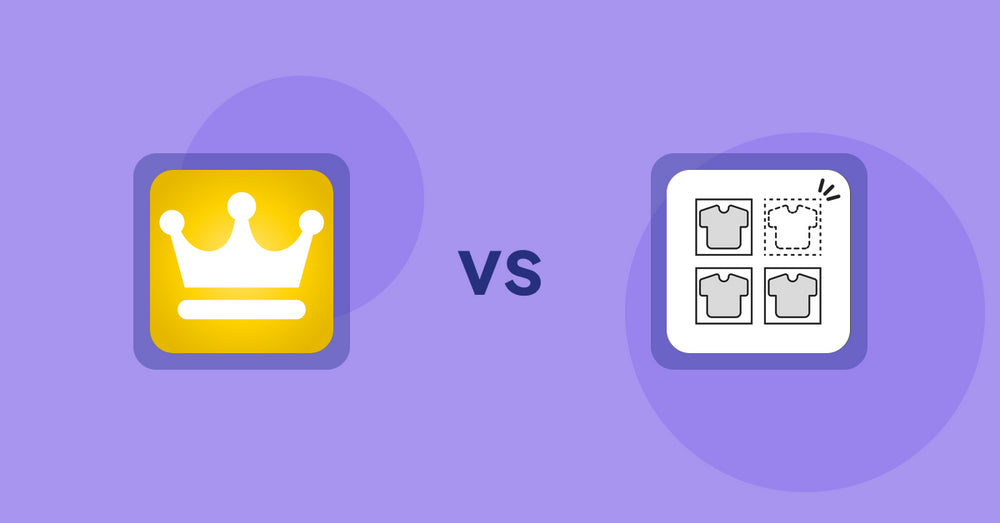
Shopify Product Display Apps: Awesome Ranking vs シンプル売り切れ非表示|在庫切れ商品の表示変更
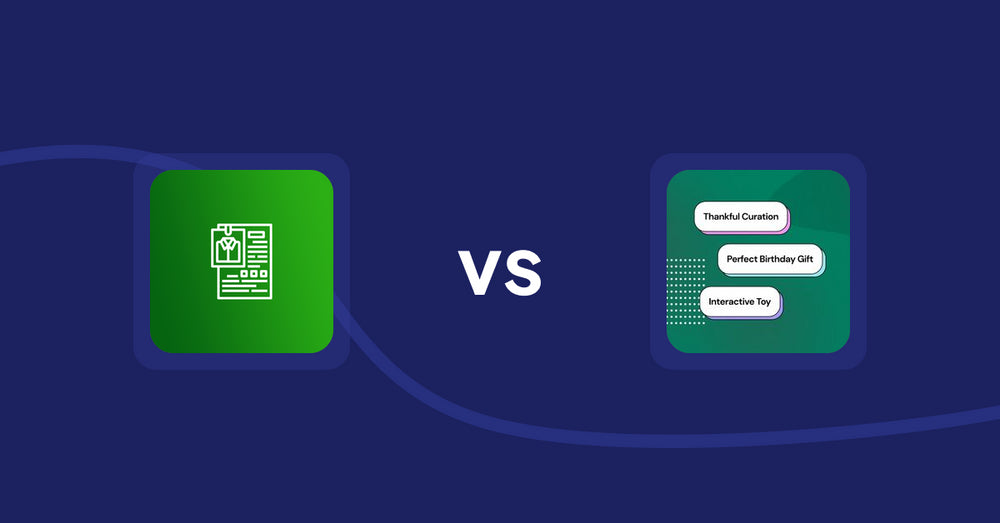
Shopify Product Display Apps: OC Product Size Chart vs FeatureFrame ‑ Pretty Product
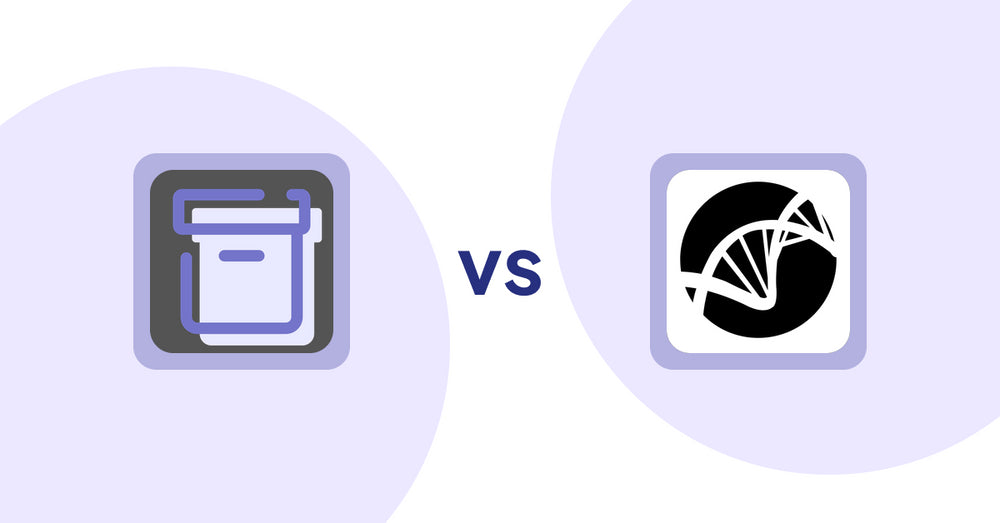
Shopify Product Display Apps: Shelfify vs Bike Matrix
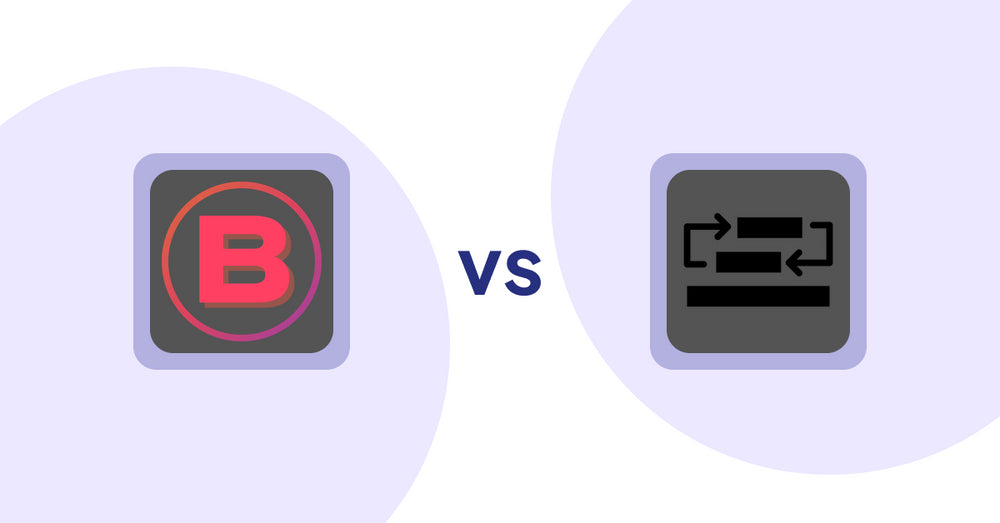
Shopify Product Display Apps: Banter Stories vs Sortyfi Collection Merchandise
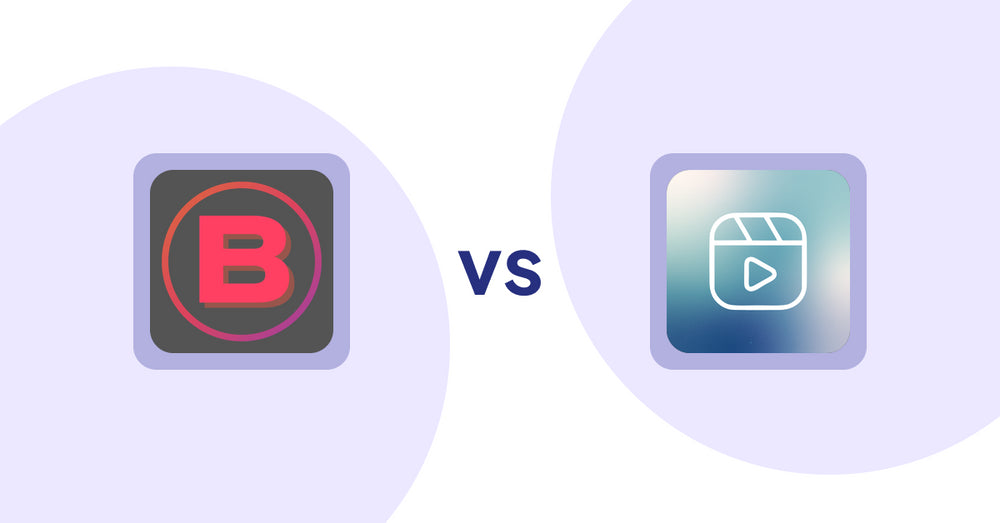
Shopify Product Display Apps: Banter Stories vs. Reelify ‑ Shoppable Reel Video
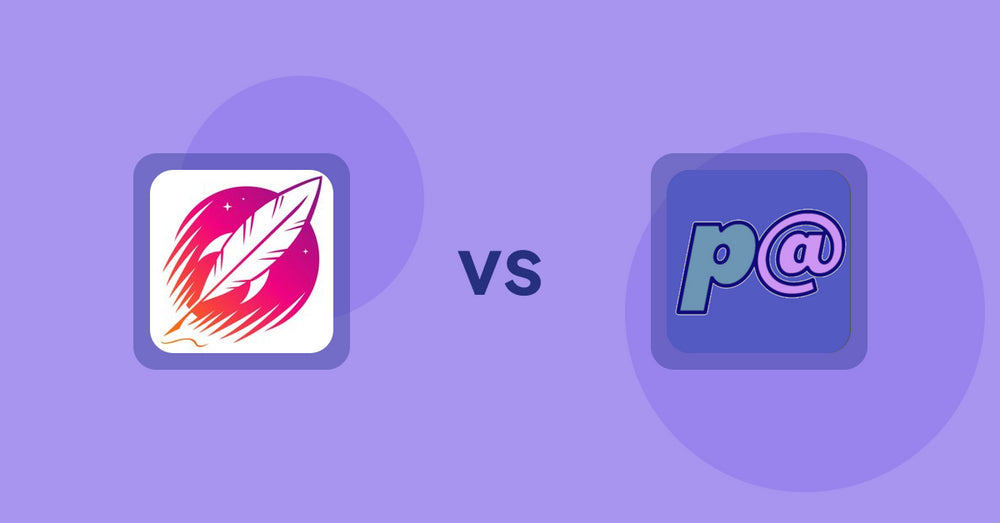
Shopify Product Display Apps: Wordsmith: Content Generator vs Parameterizer
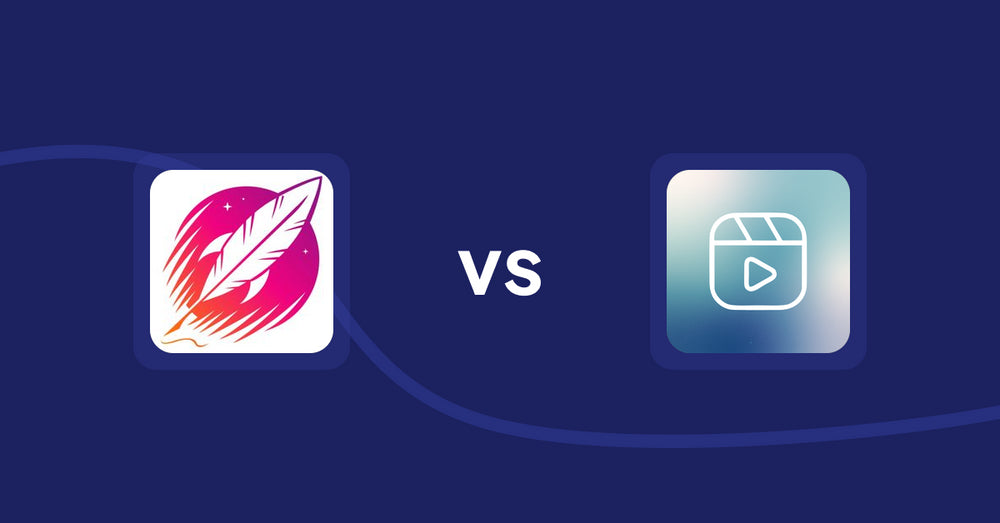
Shopify Product Display Apps: Wordsmith: Content Generator vs Reelify ‑ Shoppable Reel Video
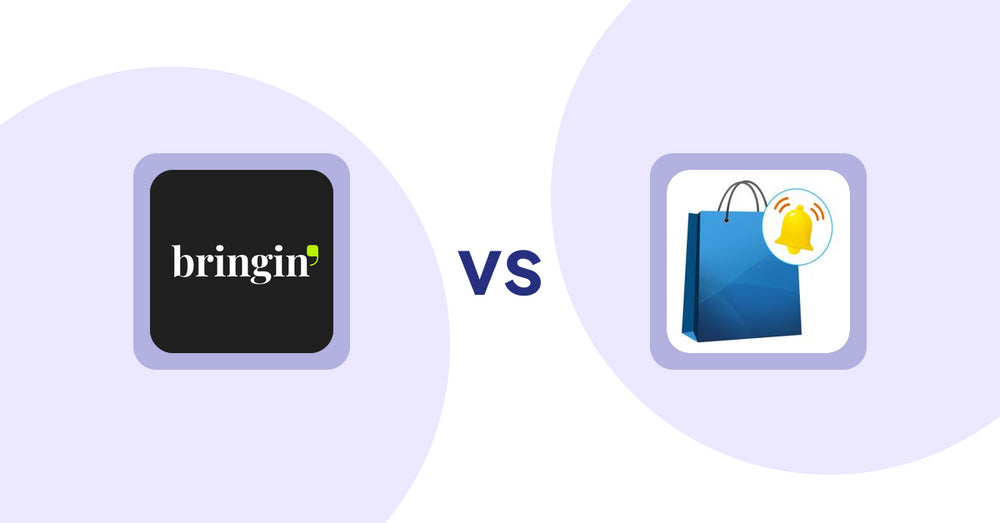
Shopify Product Display Apps: Bringin vs CartBar ‑ Product Purchase Bar
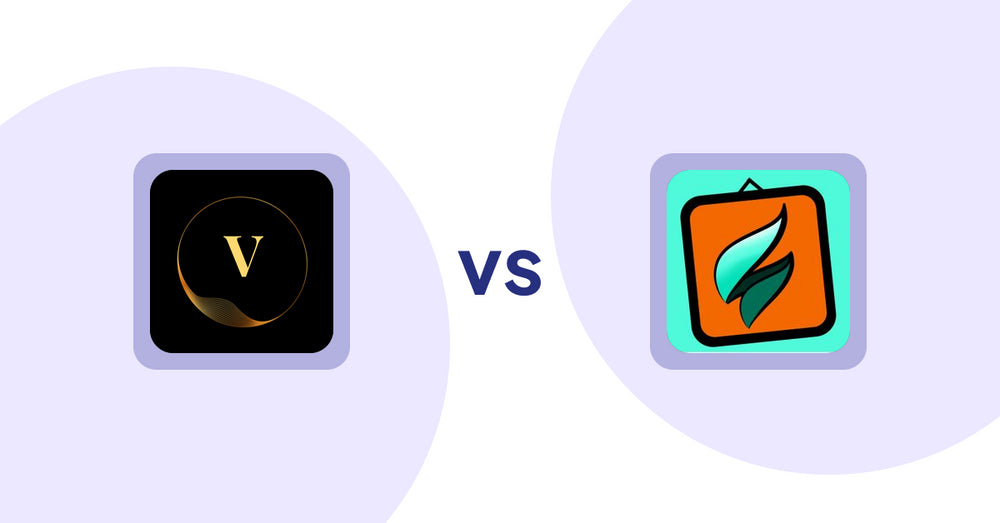
Shopify Product Display Apps: ProductTube vs SMART ‑ Art Product Builder
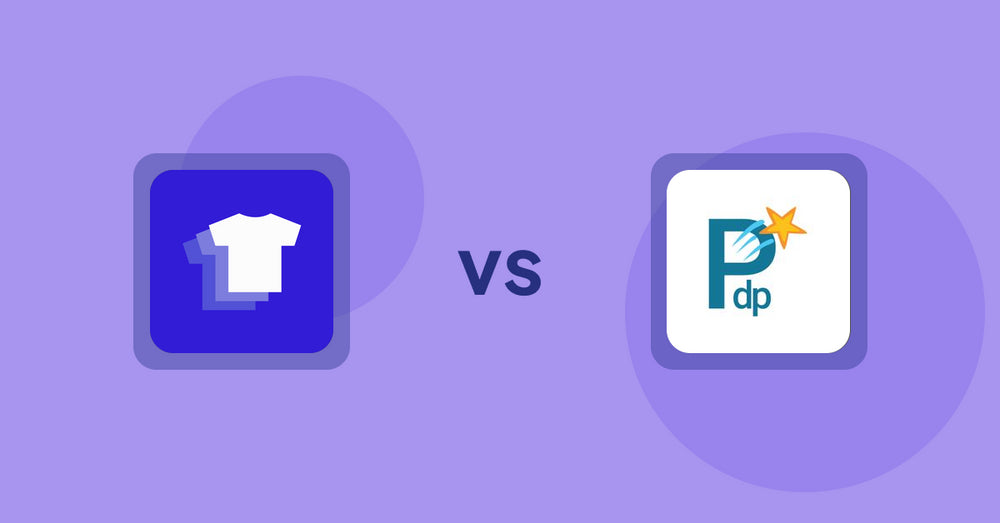
Shopify Product Display Apps: Xpander vs PDP Star
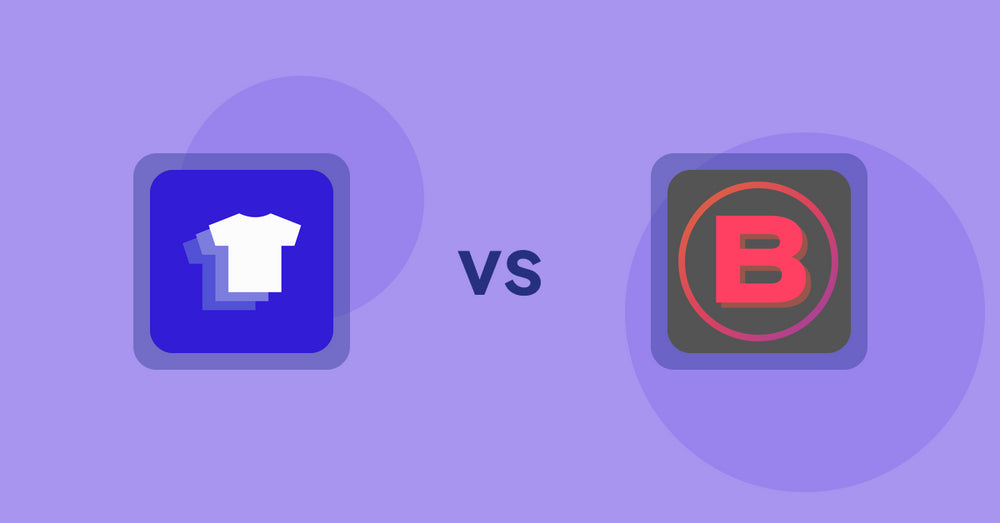
Shopify Product Display Apps: Xpander vs Banter Stories
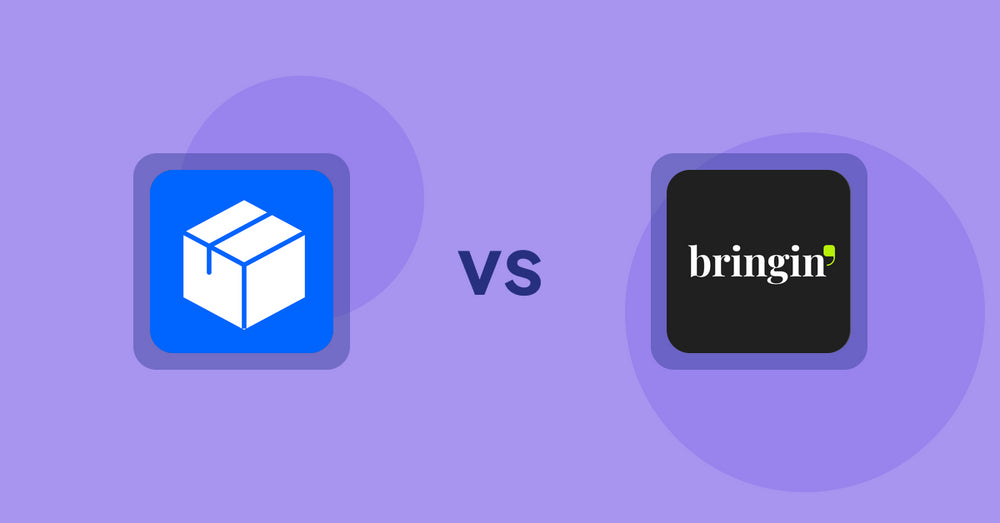
Shopify Product Display Apps: Wonderful Widgets vs Bringin
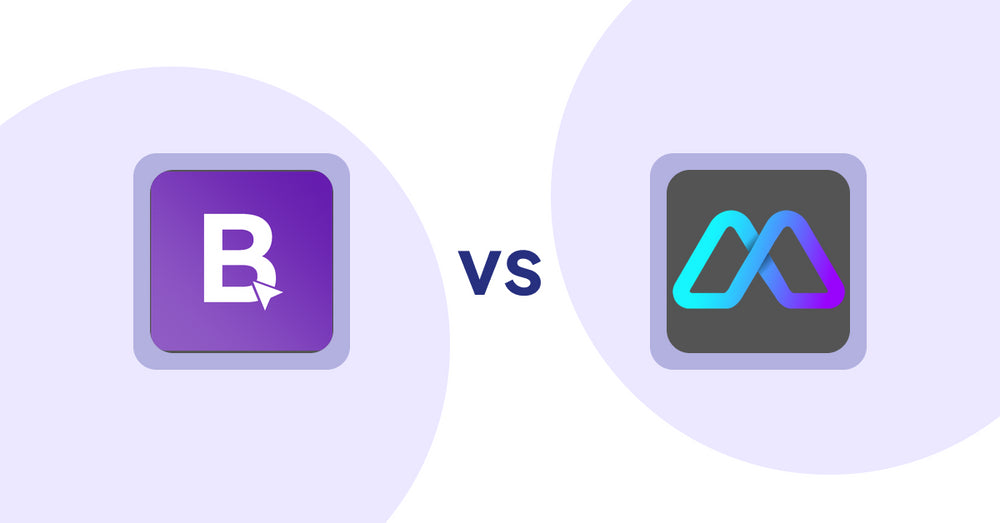
Shopify Product Display Apps: BookE - Rent Property & Service vs Metadrob: Create Virtual Store
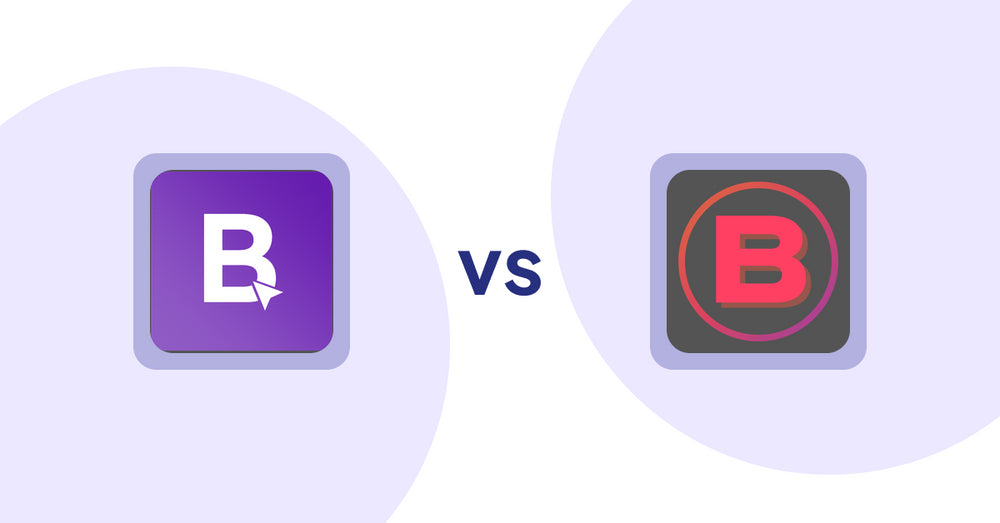
Shopify Product Display Apps: BookE ‑Rent Property & Service vs. Banter Stories
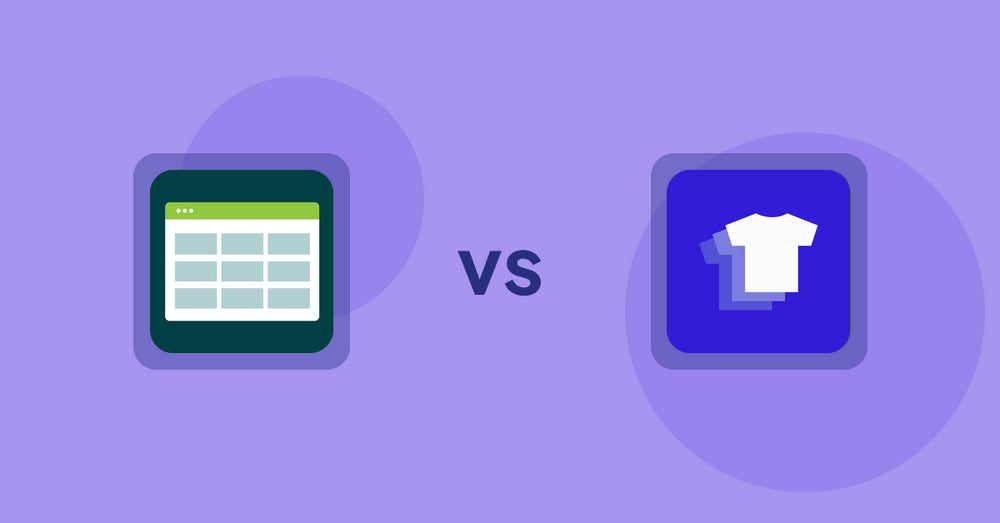
Shopify Product Display Apps: Product Table vs. Xpander
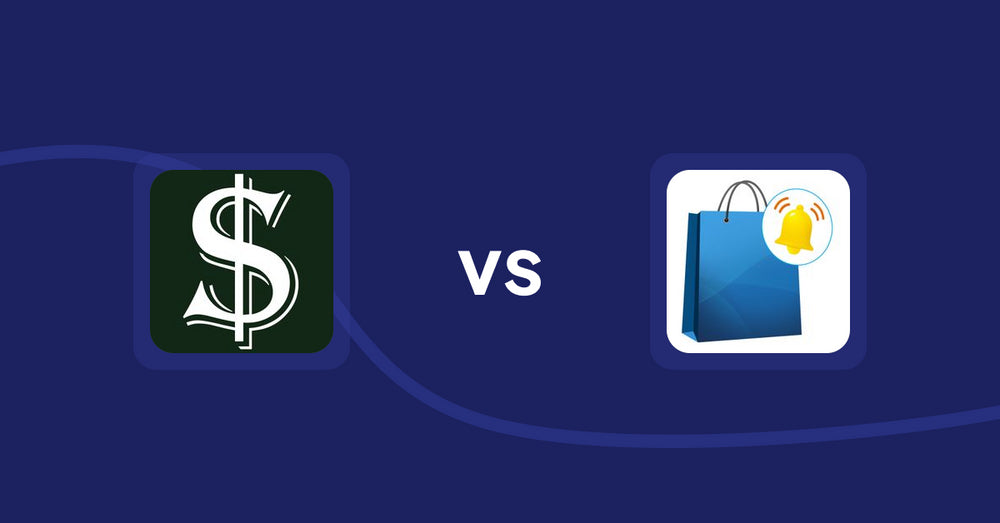
Shopify Product Display Apps: Selling Fast vs CartBar ‑ Product Purchase Bar
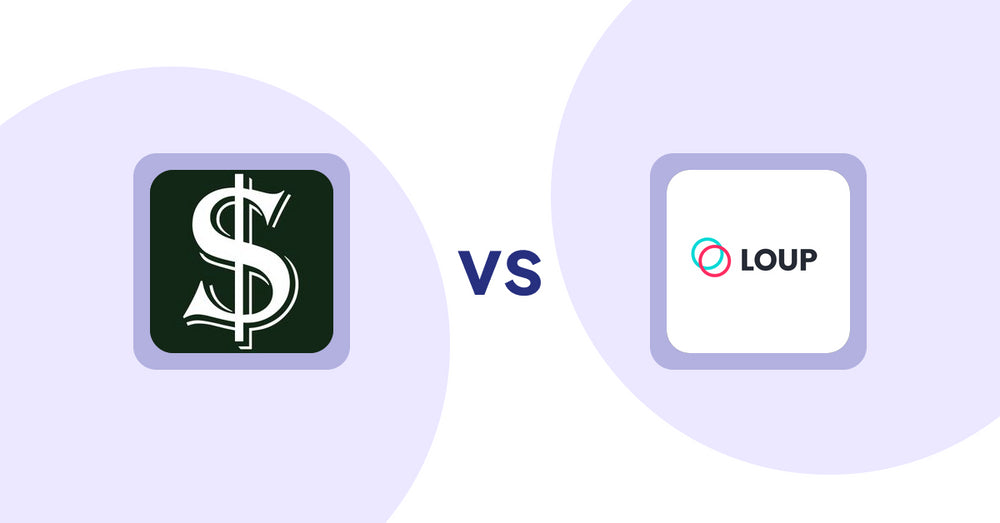
Shopify Product Display Apps: Selling Fast vs. Loup: Sell on Instagram
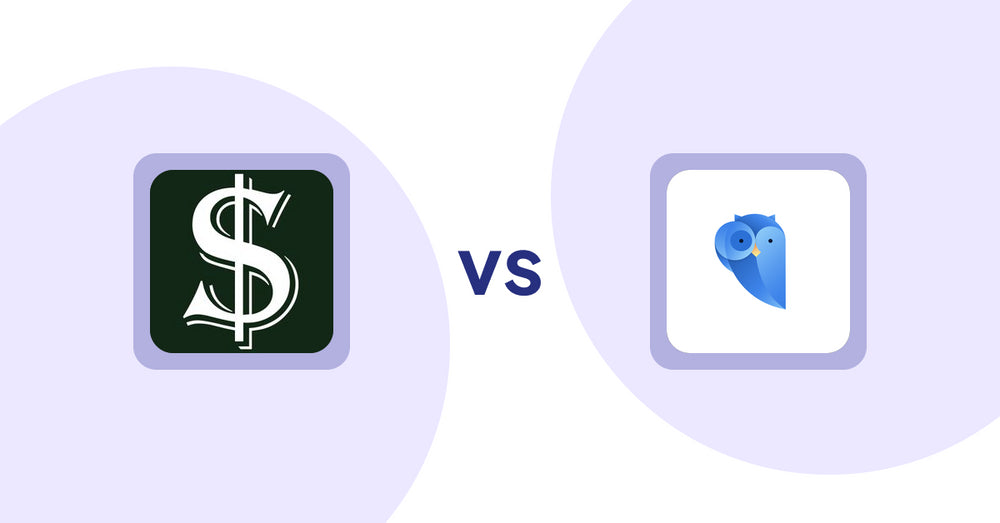
Shopify Product Display Apps: Selling Fast vs. Findify Search & Merchandise
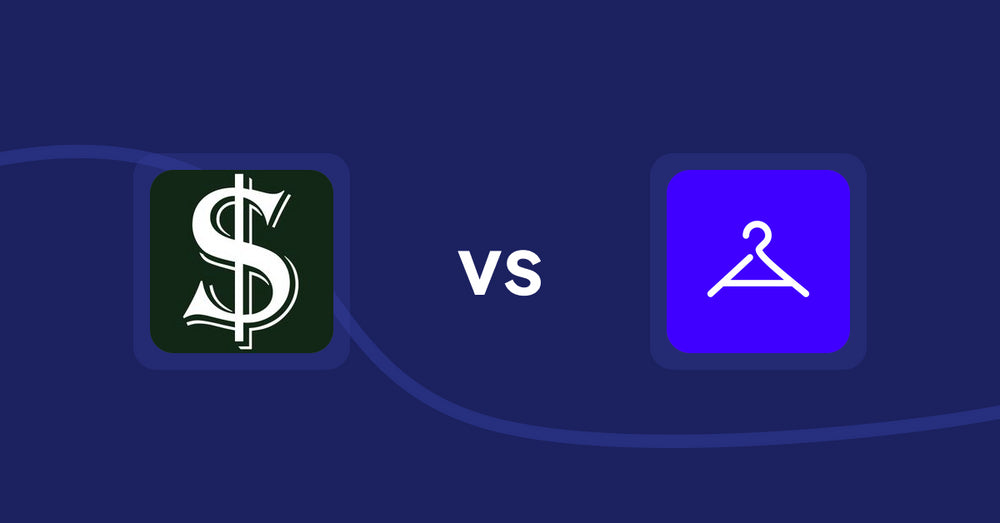
Shopify Product Display Apps: Selling Fast vs. Aiuta
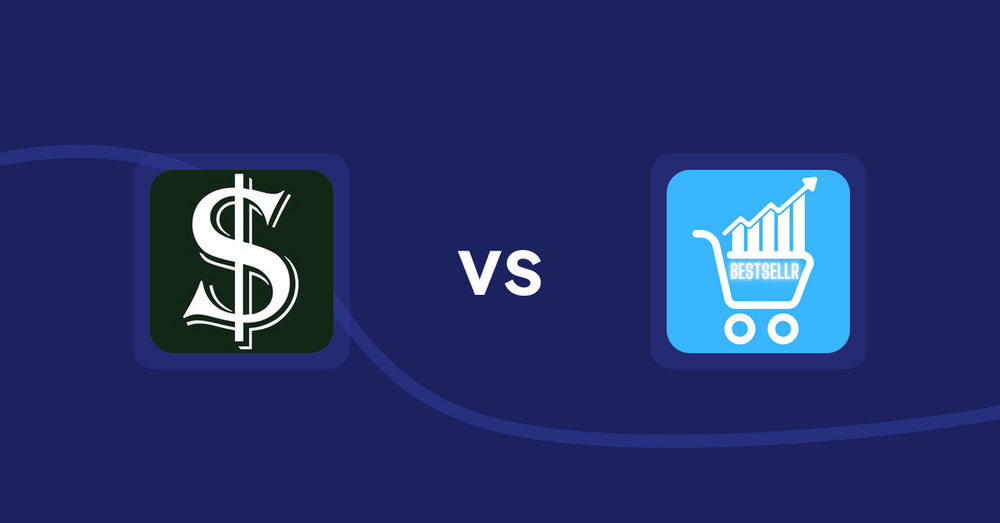
Shopify Product Display Apps: Selling Fast vs Bestsellr
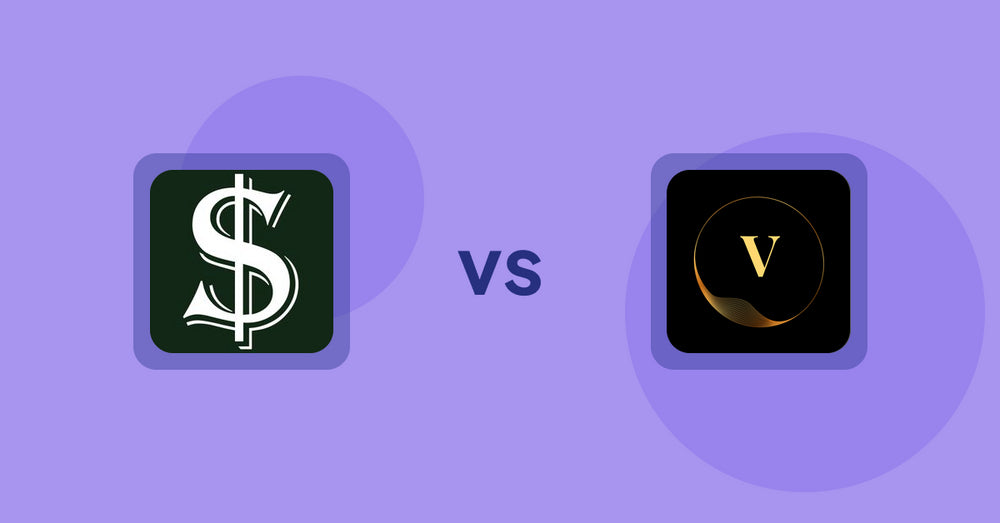
Shopify Product Display Apps: Selling Fast vs ProductTube
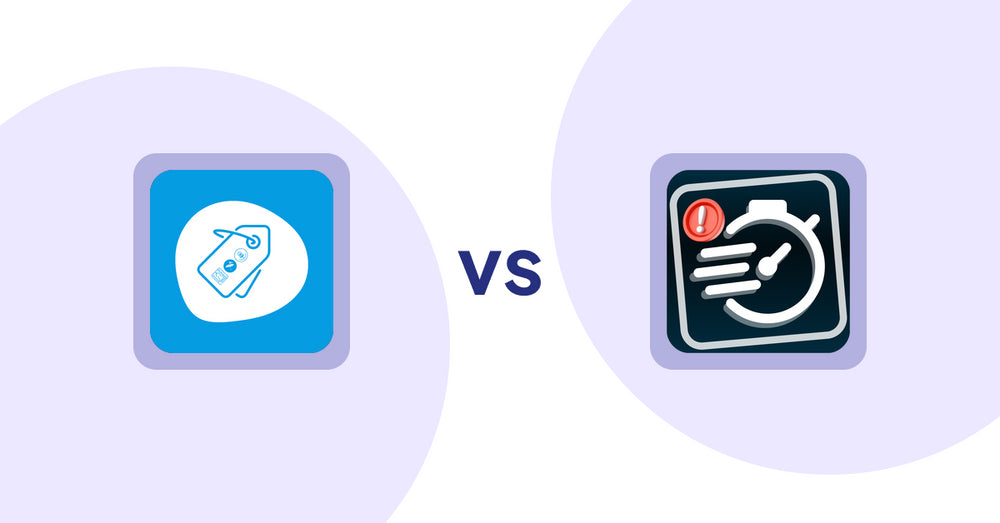
Shopify Product Display Apps: Extendons Product Tag Images vs Urgency! Low Stock Counter
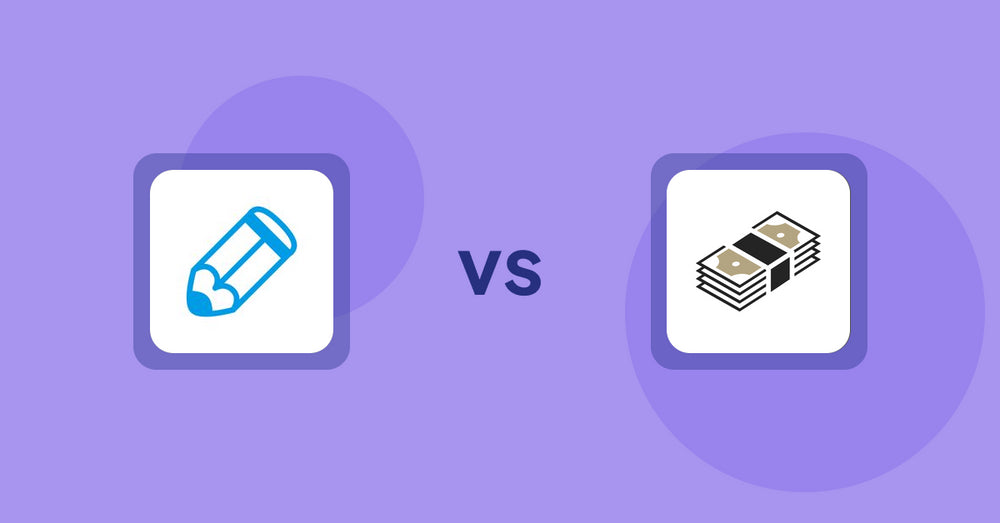
Shopify Product Display Apps: Writer Sofia vs シンプルクラウドファンディング|お手軽自社クラファン
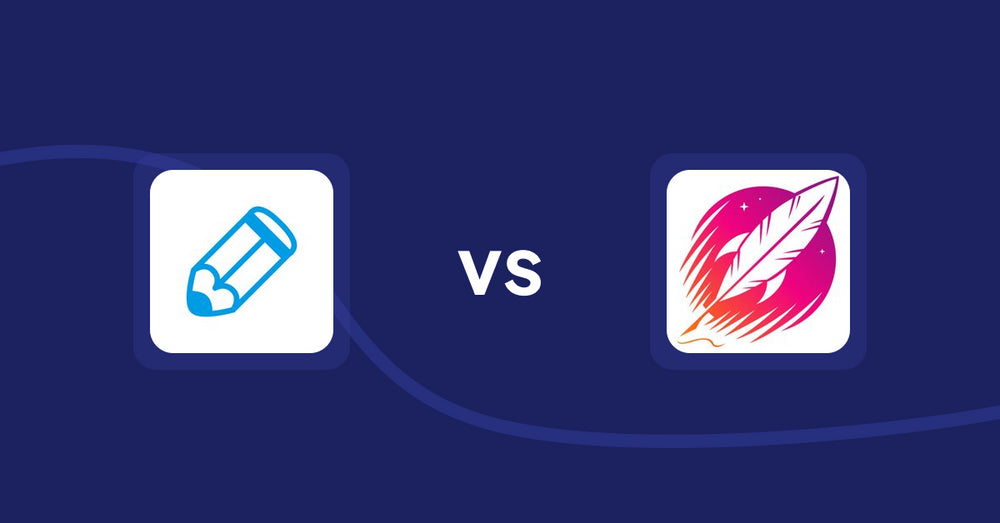
Shopify Product Display Apps: Writer Sofia vs Wordsmith: Content Generator
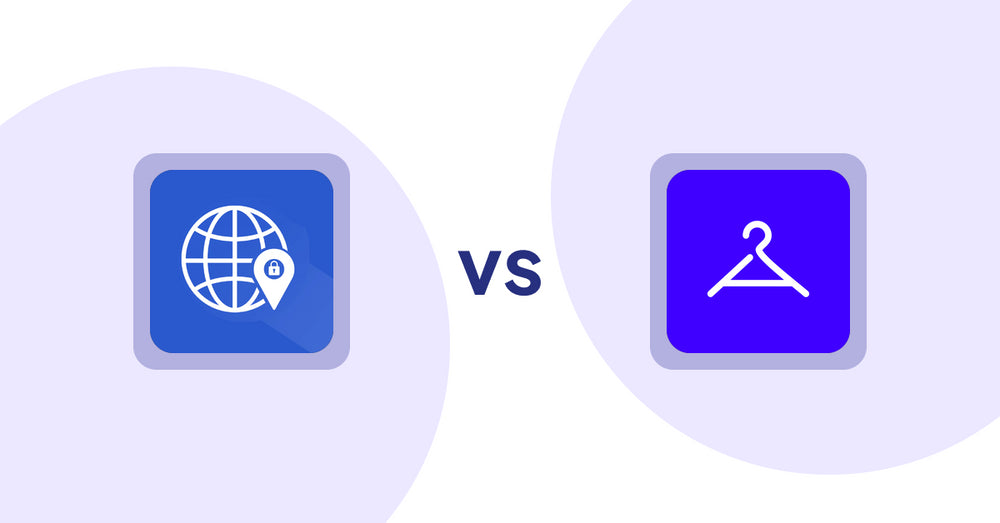
Shopify Product Display Apps: Addify ‑ Country Restrictions vs Aiuta
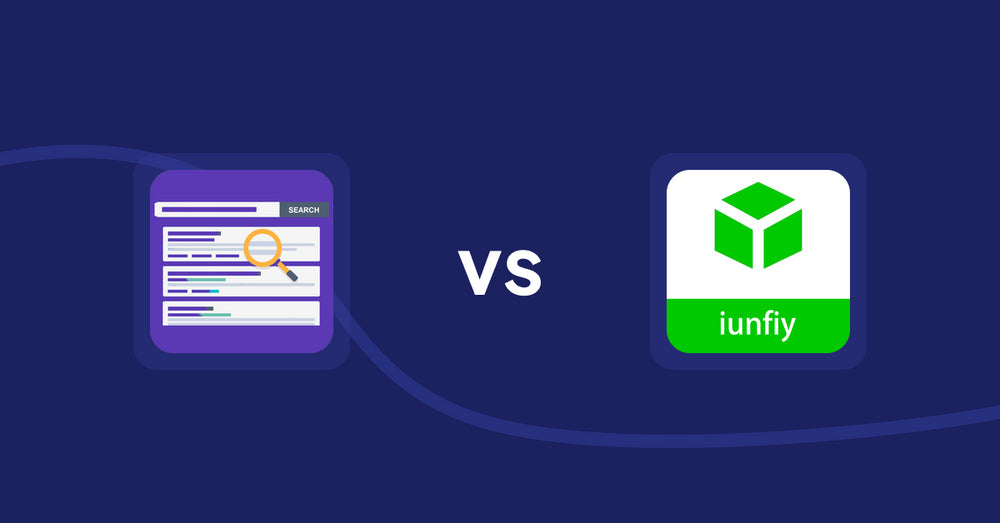
Shopify Product Display Apps: Spark AI Products Description vs iunfiy • Related Products
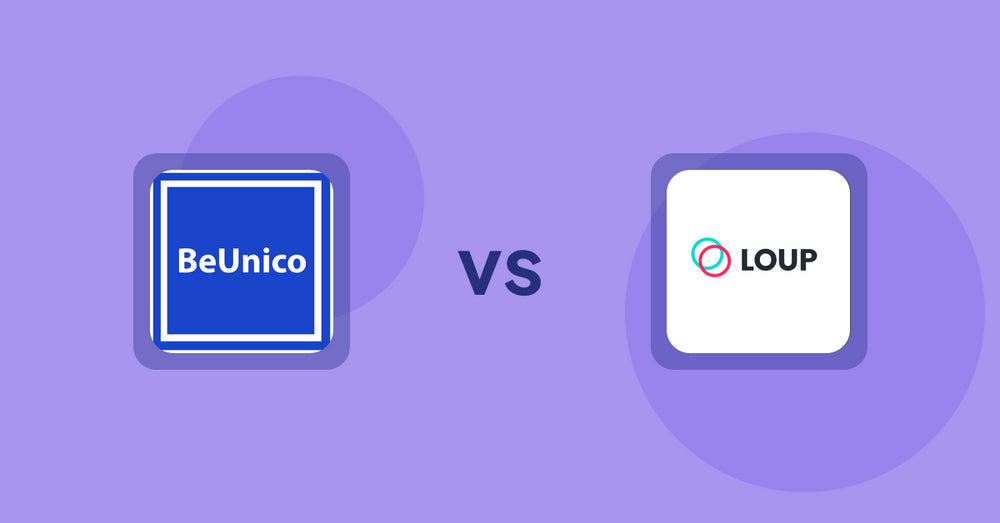
Shopify Product Display Apps: BeUnico vs Loup: Sell on Instagram
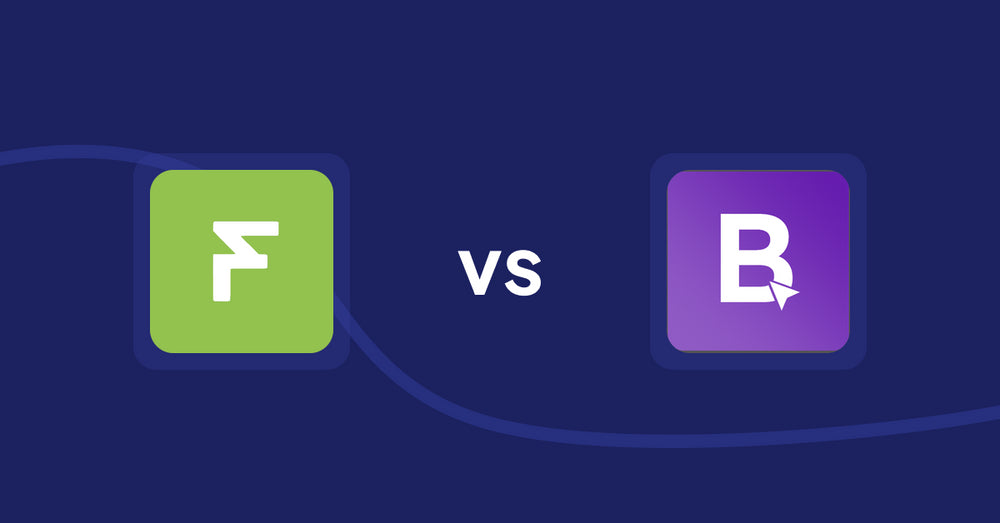
Shopify Product Display Apps: Easy Estimate Shipping vs BookE ‑Rent Property & Service
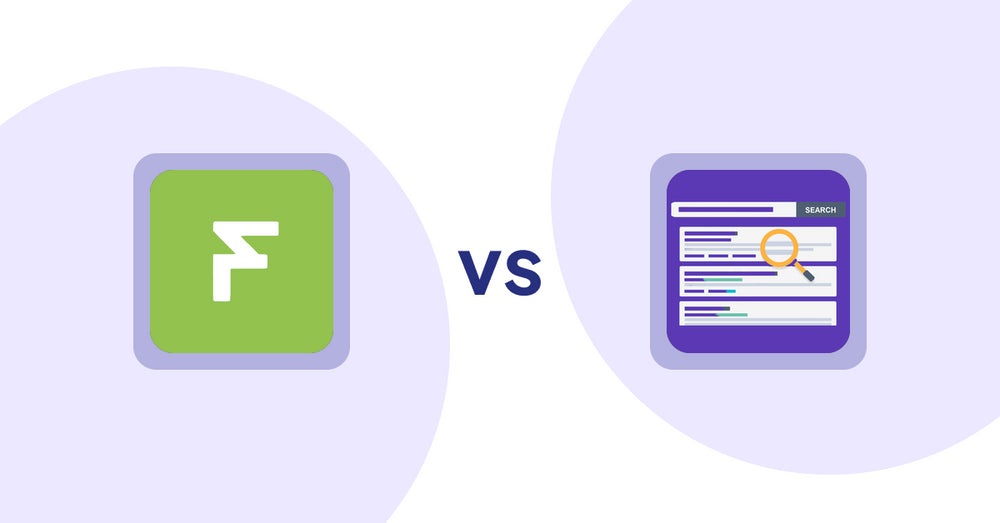
Shopify Product Display Apps: Easy Estimate Shipping vs. Spark AI Products Description
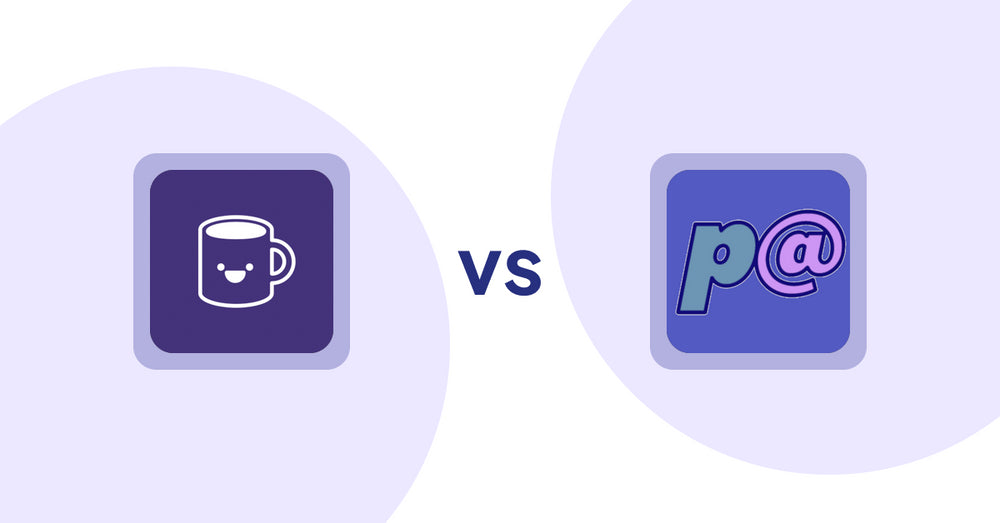
Shopify Product Display Apps: Mugshot Bot vs Parameterizer
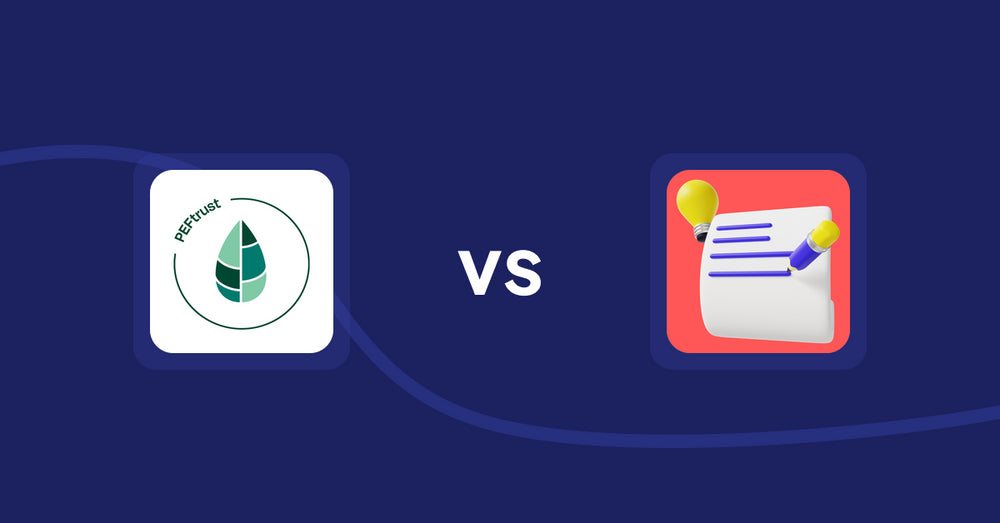
Shopify Product Display Apps: Peftrust vs. Wordo ‑ ChatGPT AI Description
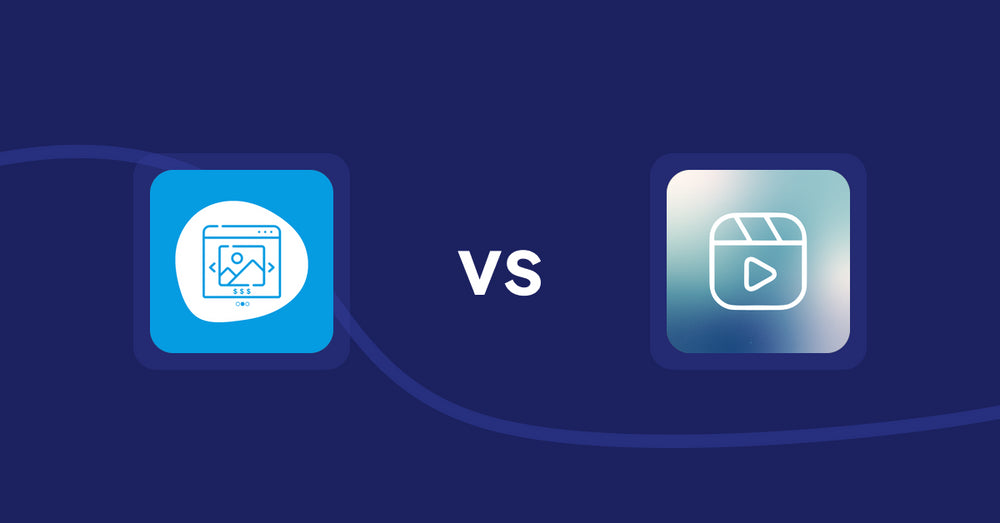
Shopify Product Display Apps: Quick Product Navigator Slide vs Reelify ‑ Shoppable Reel Video
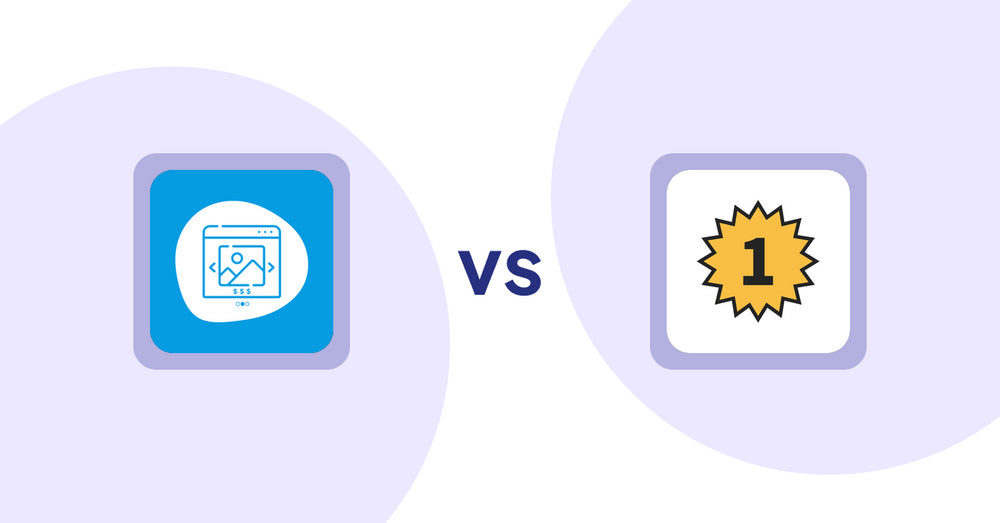
Shopify Product Display Apps: Quick Product Navigator Slide vs. UR: Smart Ranking
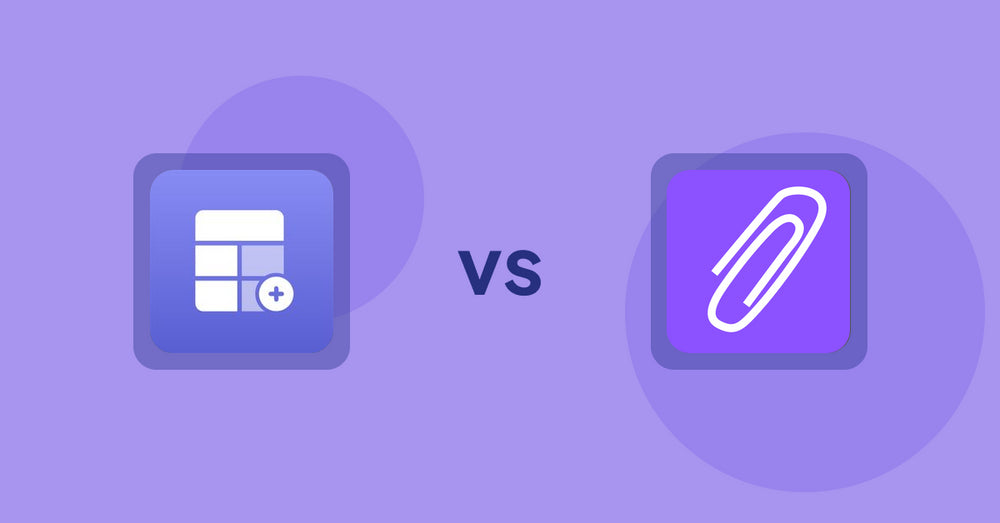
Shopify Product Display Apps: Eazy Specification Tags Table vs Agile Attachments
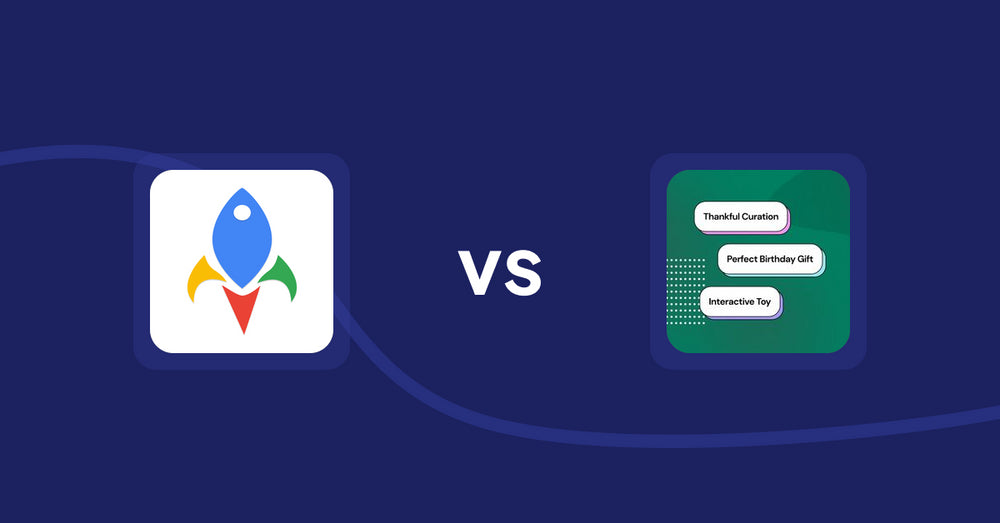
Shopify Product Display Apps: Jedi Back In Stock Admin Alert vs FeatureFrame ‑ Pretty Product
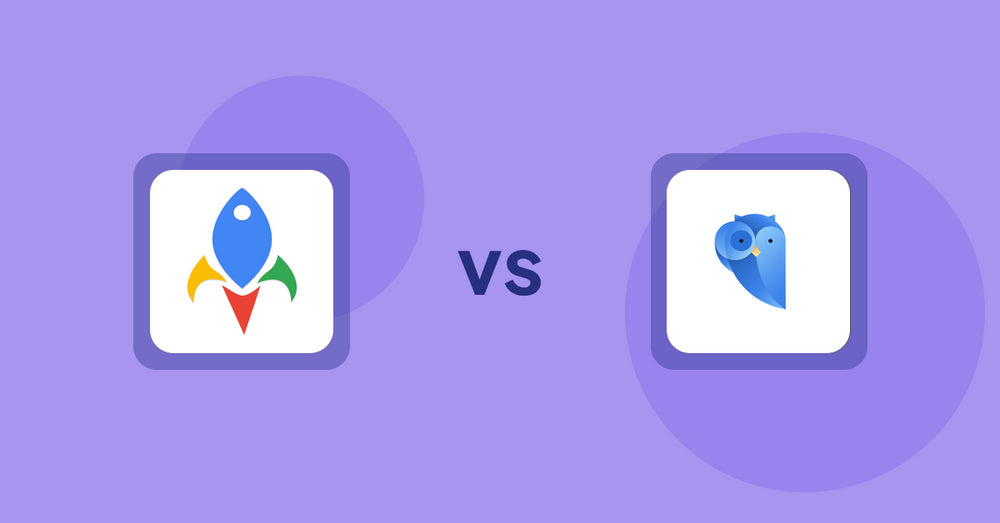
Shopify Product Display Apps: Jedi Back In Stock Admin Alert vs. Findify Search & Merchandise
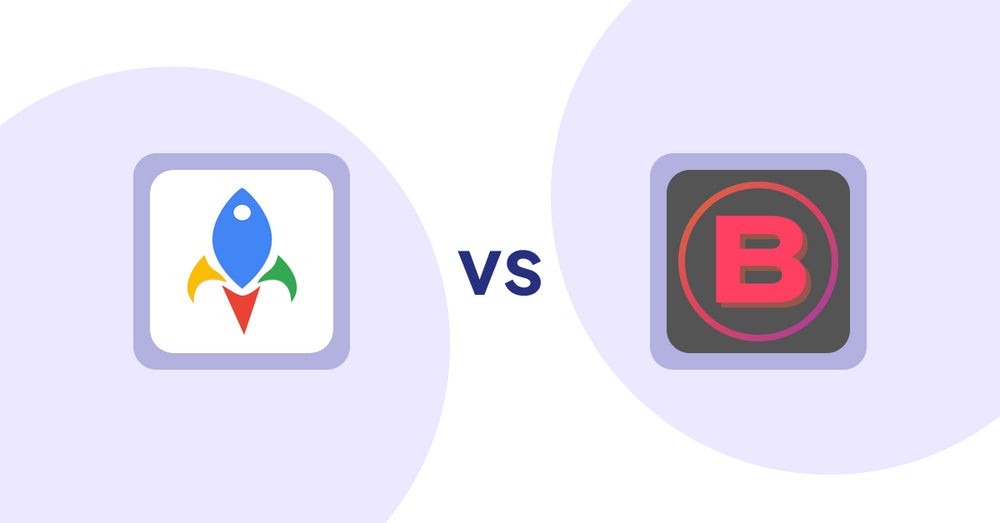
Shopify Product Display Apps: Jedi Back In Stock Admin Alert vs Banter Stories
